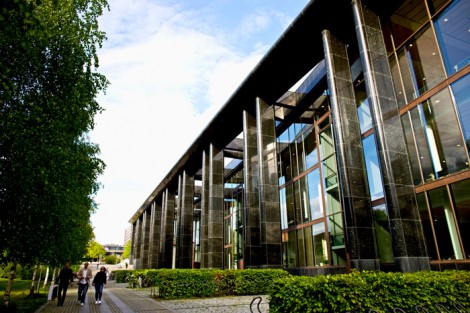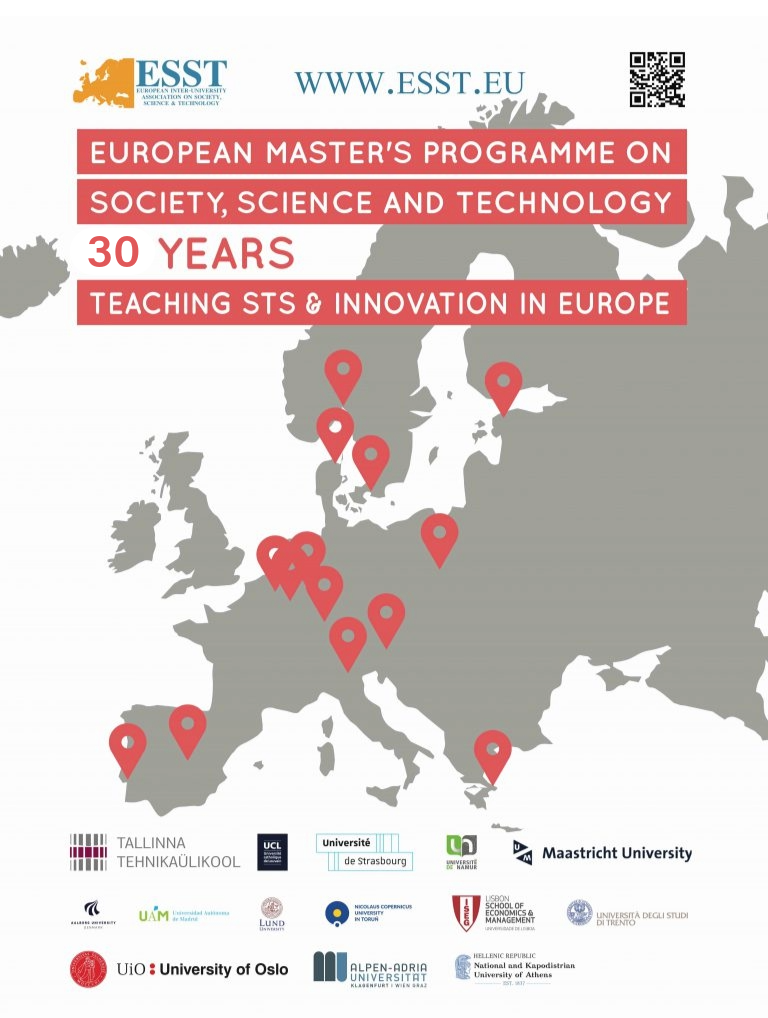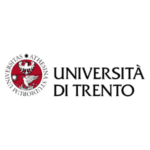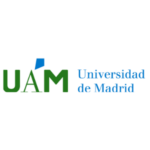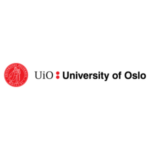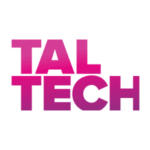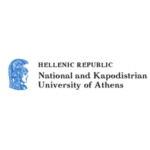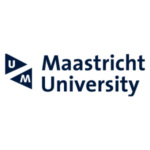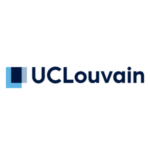Specialisation 1 Specialisation 2
Science and Technology in Politics and Society
Course content
This course is a specialization course in science and technology studies (STS). The course will focus on the following three main topics:
- The Climate Society: Knowledge, Politics and Practices of Transformation
2. The Good Economy: Values and Controversies in politics of the environment, politics of care and the life sciences
3. Social Media, Digital STS, Market Research and The Public
Learning outcome
Knowledge:
- To study how science and politics influence controversies between experts
- To situate controversies in particular locations, historically, culturally and politically
- To be sensitive to the role of the analyst when studying controversies on nature
Skills:
- To trace the roles of different actors (experts and lay people), their division of labor and the authority distributed among them, as well as the processes of marginalization and exclusion involved
- To provide students with a set of tools and resources from science and technology studies for engaging with controversies on nature
- By the help of case studies it is asked what roles do experts and their different forms of knowledge play and what are the relations between science, regulatory politics, the market, environmental movements and other forms of public involvement
Reading list
-
- Allen, John and Stephanie Lavau, ‘Just-in-Time’ Disease: Biosecurity, poultry and power, Journal of Cultural Economy, Nov. 2013.
- Ascui, Francisco and Heather Lovell; Carbon accounting and the construction of competence, Journal of Cleaner Production 36 (2012) 48-59
- Akrich, Madeleine, The De-Scription of Technical Objects, in Bijker W.E and Law, J. Shaping Technology, Building Society. Studies in Socio-technical Change. MIT Press 1992. (compendium)
- Asdal, Kristin, Enacting values from the sea. On innovation devices, value practices, and the co-modifications of markets and bodies in aquaculture, forthcoming in Dussauge, Helgesson and Lee (eds) Value practices in the Life Sciences, Oxford University Press 2015 (hand-out)
- Asdal, Kristin, The office: The weakness of numbers and the production of non-authority; Accounting, Organizations and Society, Volume 36, Issue 1, January 2011, Pages 1-9.
- Asdal, Kristin and Noortje Marres: Performing Environmental Change: The Politics of Social Science Methods, Environment and Planning A, 2014.
- Boyd, danah and Kate Crawford, Critical questions for Big Data. Provocations for a cultural. Technological and scholarly phenomenon, in Information, Communication and Society, Vol 15. No 5, June 2012, 662-679.
- Brandtzæg, Petter Bae, Social Networking Sites: Their Users and Social Implications- A Longitudinal Study, in Journal of Computer-Mediated Communication, Vol. 17, Issue 4, pp-467-488, 2012.
- Cooper, Melinda, Introduction and Chapter One: Life Beyond the Limits. University of Washington Press, 2008. (compendium)
- Dewey, John, The public and its problems. Ohio University Press 1991 [1954], s. 3-37.
- Duhigg, Charles, How Companies Learn Your Secrets, The New York Times, February 16, 2012.
- Druglitrø, Tone & Kirk, Robert 2014. “Building Transnational Bodies: Norway and the International Development of Laboratory Animal Science, ca. 1956-1980”, Science in Context, Vol. 7, Special Issue 02, pp. 333-357.
- Foucault, Michel, 1 February 1978 in M. Foucault, Security, Territory, Population, Lectures at the College de France 1977-1978. (compendium)
- Fourcade, Marion, Cents and Sensibility: Economic Valuation and the Nature of “Nature” Source: American Journal of Sociology, Vol. 116, No. 6 (May 2011), pp. 1721-77
- Fourcade, Marion, Price and Prejudice: On Economics and the Enchantment (and Disenchantment) of Nature, in Jens Beckert & Patrik Aspers (eds), The Worth of Goods, Valuation & Pricing in the Economy, Oxford University Press, 2011.
- Hermansen, Erlend (2015) “Policy Window Entrepreneurship: The backstage of the World’s Largest REDD Initiative” (Working paper, Fronter)
- Hopwood, A.G. Accounting and the environment: Accounting, Organizations and Society, Volume 34, Issue 3-4, April 2009, Pages 433-439
- Horowitz, Roger 2004. “Making the Chicken of Tomorrow: Reworking Poultry as Commodities and as Creatures, 1945-1990”, in (eds.) Schrepfer and Scranton, Industrializing Organisms. Introducing Evolutionary History, New York and London: Routledge (compendium)
- Hulme, Mike (2011) “Reducing the Future to Climate: a Story of Climate Determinism and Reductionism”. Osiris 26(1): 245-266.
- Hulme, Mike and Mahony, Martin (2010) “Climate Change: What do we know about the IPCC?”. Progress in Physical Geography 34(5): 705-718.
- Jasanoff, Sheila (2011) “Cosmopolitan Knowledge: Climate Science and Global Civic Epistemology”, pp. 129–143, in J. S. Dryzek, R B. Norgaard, and D. Schlosberg (eds) The Oxford Handbook of Climate Change and Society. Oxford: Oxford University Press.
- Law, John 2010. “Care and Killing: Tensions in Veterinary Practice”, in (eds.) Pols, Mol and Moser, Care in Practice: Tinkering in Clinics, Homes and Farms.
- Lezaun, Javier, A market of opinions: the political epistemology of focus groups, The Sociological Review, Special Issue: Sociological Review Monograph Series: Market Devices, edited by Fabian Muniesa, Yuval Millo and Michel Callon, Volume 55, Issue Supplement s2, pages 130–151, October 2007.
- Lippmann, Walter: Public opinion, Free Press Paperbacks. Simon and Schuster, 1997 [1947]. s.161-175 (compendium)
- Lunt, Peter and Livingstone, Sonia (2013) Media studies’ fascination with the concept of the public sphere: critical reflections and emerging debates. Media, culture & society, 35 (1). pp. 87-96.
- MacKenzie, Donald A R, Making things the same: Gases, emission rights and the politics of carbon markets, Accounting, Organizations and Society, Volume 34, Issue 3-4, April 2009, Pages 440-455
- Marres, Noortje, The Issues Deserve More Credit; Pragmatic Contributions to the Study of Public Involvement in Controversy, in Social Studies of Science, 37,5, 2007, p. 759-780.
- Noortje Marres, Carolin Gerlitz: Interface Methods: Renegotiating relations between digital research STS and Sociology, CSISP, Working Paper Nr. 3, (free acess via academia.edu)
- Miele, Mara, The taste of happiness; free-range chicken. Environment and Planning A, 2001, p. 2076-2090.
- Moser, Ingunn, Disability and the promises of technology. Technology, subjectivity and embodiment within an order of the normal, in Information, Communication & Society Vol. 9, No. 3, June 2006, pp. 373–395
- Moser, Ingunn, Thygesen, Hilde, Exploring possibilities in telecare for ageing societies, forthcoming in Barnes, Marian (et al.) ‘Renewing Care: critical international perspectives on the ethics of care, 2015. See Fronter.
- Muniesa, Fabian: A flank movement in the understanding of valuation: The Sociological Review, Volume 59, Issue Supplement s2, Article first published online: 1 JUN 2012
- Muniesa, Fabian, Yuval Millo and Michel Callon: An introduction to market devices The Sociological Review Volume 55, Issue Supplement, 2007.
- Nyland, Kari, Pettersen, Inger Johanne, Katarina Östergren, Same reform – different practices? How regional health enterprises adjust to management control reforms, in Journal of Accounting & Organizational Change, Vol.5, No.1, 2009, p. 35-61.
- Oreskes, Naomi (2004) “Beyond the Ivory Tower: The Scientific Consensus on climate change”. Science 306 (5702), 1686.
- Pols, J., Care at a distance. On the Closeness of Technology, chapters 3 The heart of the Matter: Good nursing at a distance and chapter 8 Innovating care innovation p. 45-62 and 135-152, Amsterdam: Amsterdam UP, 2012.
- Porter, TM (1992) Quantification and the accounting ideal in science. Social Studies of Science 22(4): 633-52.
- Rose, Nikolas, The Politics of Life itself, Theory, Culture and Society, 18:6, 1-30, 2001.
- Ruppert, Evelyn, John Law, Mike Savage: Reassembling the Social Science Methods: The Challenge of Digital Devices in Theory Culture and Society, 30 (4) 22-46.
- Stefan Schwarzkopf and Rainer Gries: Ernest Dichter, Motivation Research and the ‘Century of the Consumer’ in Ernest Dichter and Motivation Research. New Perspectives on the Making of Post-war Consumer Culture in Stefan Schwarzkopf and Rainer Gries, Palgrave Macmillan 2010. Compedium.
- Sarewitz, Daniel (2011) “Does Climate Change Knowledge Really Matter”. WIREs Climate Change 2: 475-481.
- Singleton, Vicky 2012. “When Contexts Meet: Feminism and Accountability in UK Cattle Farming”, in Science, Technology and Human Values, Vol. 27, No. 4, pp. 404-433.
- Sundqvist, Göran, Bohlin, Ingemar, Hermansen, Erlend and Yearley Steven (forthcoming) “Formalisation and Separation: A Systematic Basis for Interpreting Approaches to Summarising Science for Climate Policy”
- van der Sluijs, Jeroen, van Eijndhoven, Josée, Shackley, Simon and Wynne Brian (1998) “Anchoring Devices in Science for Policy: The Case of Consensus around Climate Sensitivity. Social Studies of Science 28(2): 291-323.
- Storsul, Tanja, Deliberation or Self-presentation. Young People, Politics and Social Media, in Nordicom Review 35, 2014, p. 17-28.
- Thygesen, Hilde, Moser, Ingunn, Technology and Good Dementia Care: An Argument for an Ethics-in-Practice Approach, p.129-148, in Schillmeyer, M., Domenech, M. (eds.) New Technologies and Emerging Spaces of Care, Farnham, UK: Ashgate Publ. 2010. (compendium)
- Thompson, Charis, “Good Science” Chapter 2 in Good Science. The Ethical Choreography of Stem Cell Research. MIT 2013. (compendium)
- Turkle, Sherry, How Computers change the way we think, The Chronicle Review, January, 30, 2004.
- Van Hal, Lineke.B.E. et. al., The ‘empowered client’ in vocational rehabilitation: The excluding impact of inclusive strategies, in Health Care Analysis, 20 (3), 2012, p. 213-230.
- Willems, Dick, Varieties of goodness in high-tech home care, in Mol, A., Moser, I., Pols, J. (eds.) Care in Practice. On tinkering in Clinics, Homes and Farms, Bielefeld: Transcript Verlag, 2010, p. 257- 276. (compendium)
Involved staff:
Professor Kristin Asdal
Contact person:
Petter Brønstad
Email: petter.bronstad@tik.uio.no
Email: info@tik.uio.no
Weblink to the TIK-centre:
http://www.sv.uio.no/tik/english/
Accommodation policy University of Oslo

